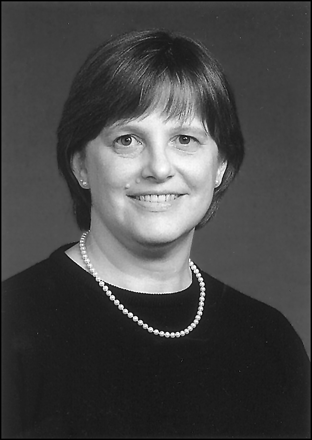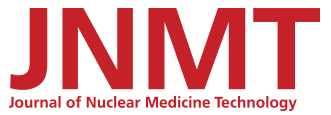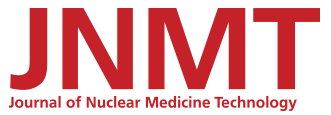
When I was in graduate school, I had to do a research project and write a thesis. The first steps were to decide on an idea to explore, review the pertinent literature, write a proposal, and present it to my thesis committee for approval. When I presented my proposal to the committee, they questioned me intensely about my research plan. After completing my research, I wrote my thesis and presented it orally to my committee. Although my committee members had diverse areas of expertise, they all were able to understand my project and to probe my methods and analyze my conclusions. They understood the science of problem-solving.
Although I think I learned quite a lot from my courses in graduate school, I learned the most about the educational process from my thesis experience. What I learned from the scientists on my thesis committee was that they had a depth of knowledge that I didn’t have and probably would never have unless I was willing to put in the time and effort to get my PhD. I also realized that at each level of education, we learn more about the process of learning and communicating knowledge—and about life-long commitment to that process.
This brings to mind discussions at the National Council Meeting this past year. The topic of minimum educational requirements and advanced practice were discussed at length. Some felt that the entry-level degree for a nuclear medicine technologist should be a bachelor’s degree. Of course, there were those who felt, and there is evidence to suggest that they are correct, that an associate degree is sufficient.
Many of the programs training nuclear medicine technologists are two-year degree programs. What happens to these programs if the entry level becomes a bachelor’s degree? When a technologist with two years of higher education can earn $50,000 to $70,000 per year, sometimes more, it is understandable why many think that more education will not improve their career options.
Nuclear medicine technology is a profession where the shortage of technologists is very severe and the pay is outstanding. This may prompt many to question the motivation for changing the minimum education requirements. What are the possible benefits to making entry into the profession more difficult? Some departments are looking into, or are already hiring, tech assistants in order to have enough warm bodies to operate cameras and provide patient care.
I think all would agree that certified nuclear medicine technologists would perform nuclear medicine exams of higher quality than tech assistants. But others could point out that board certification in our field only denotes minimal competence. It does not certify that the person is an expert. Only specialty certification is associated with advanced knowledge and experience in a given area. So is a 4-year degree needed for specialty certification? Or is work experience and knowledge gained on the job sufficient?
There are no easy answers to these questions. I do believe, however, that we need to be thinking beyond the task of imaging patients to the benefits of life-long learning. Does a professional attitude and commitment to life-long learning come from a degree? Not necessarily, but perhaps those who have that approach to their vocation tend to pursue higher degrees.
As editor of this journal, I can’t help but notice that the majority of papers submitted this past year were from individuals who have a bachelor’s degree, or higher, and that indicates to me that the sharing of knowledge is coming primarily from those who have more education. I am also sure the debate over whether a bachelor’s degree should be a requirement to hold nuclear medicine technologists certification will continue for quite some time.







